Philosophy will clip an Angel's wings
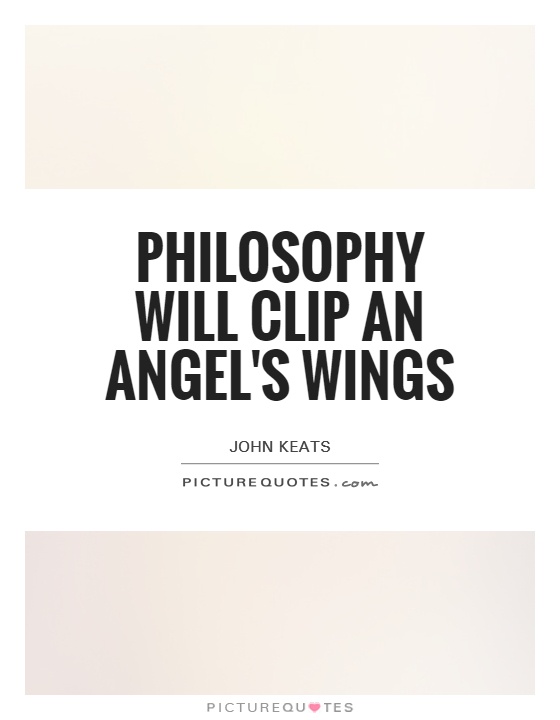
Philosophy will clip an Angel's wings
In John Keats' poem "The Human Seasons," he famously wrote the line "Philosophy will clip an Angel's wings." This profound statement has been interpreted in various ways, but in the context of Keats' work and life, it can be seen as a critique of the limitations of rational thought and the dangers of overanalyzing or dissecting the beauty and mystery of life.Keats was a Romantic poet who believed in the power of imagination, emotion, and intuition. He valued the experience of beauty and the sublime, and saw poetry as a way to capture and convey the ineffable aspects of human existence. In this sense, philosophy, with its emphasis on logic, reason, and analysis, can be seen as a threat to the free-spirited creativity and inspiration that Keats believed were essential to the poetic process.
For Keats, the Angel symbolizes the transcendent and divine aspects of existence, the source of inspiration and creativity that poets and artists tap into. By "clipping an Angel's wings," philosophy is seen as limiting or constraining this divine spark, reducing it to mere intellectual abstraction or theoretical speculation. In other words, the rational mind, with its tendency to categorize, analyze, and explain, can diminish the wonder and mystery of life, stifling the imagination and preventing us from experiencing the full depth and richness of existence.
Keats himself struggled with the tension between reason and imagination, intellect and emotion. In his letters and poems, he often expressed a sense of longing for a deeper connection to the world and a desire to transcend the limitations of the rational mind. He believed that poetry had the power to awaken the soul and expand our understanding of reality, allowing us to glimpse the divine and the eternal in the fleeting moments of beauty and inspiration.

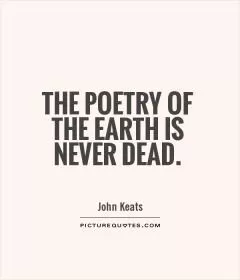

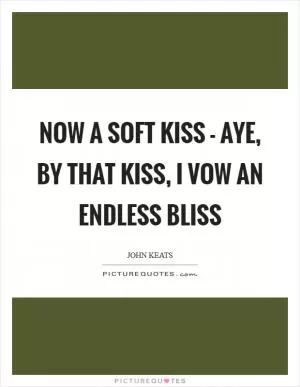
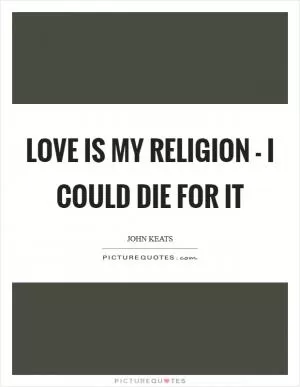
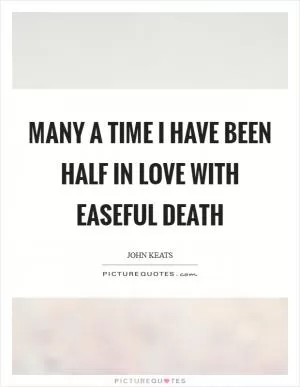
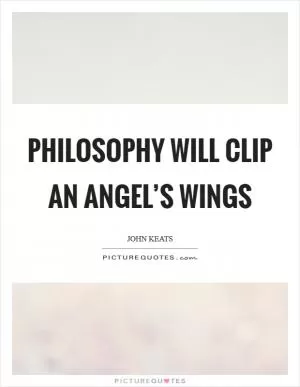
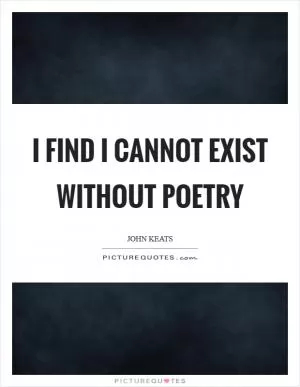
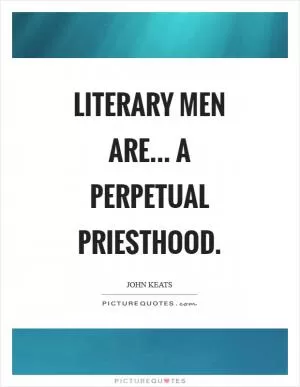
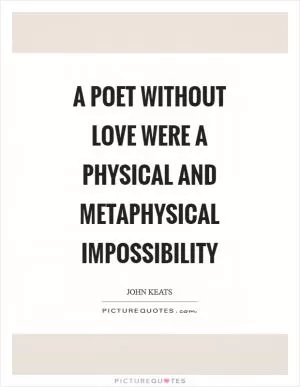

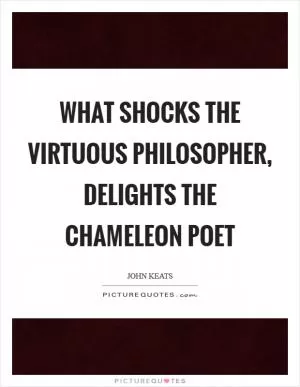
 Friendship Quotes
Friendship Quotes Love Quotes
Love Quotes Life Quotes
Life Quotes Funny Quotes
Funny Quotes Motivational Quotes
Motivational Quotes Inspirational Quotes
Inspirational Quotes